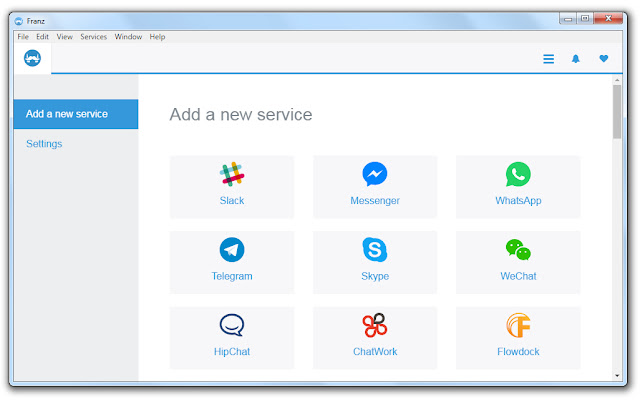Crossing the Divide: The Art of Closing the Sale
The Hinge Research Institute conducts regular research on the professional services marketplace. For our most recent study, we set out to examine how successful providers cross the perception gap between buyers and sellers. In cooperation with RAIN Group, we studied over 1500 matched buyers and sellers and analyzed 42 factors that distinguish the sellers who ultimately close deals from the also-rans.
The top three factors that correlated with successful sales also predicted buyers’ satisfaction with the purchasing process and intent to continue buying services from the seller. You can think of these three factors as a checklist to meeting professional services buyers’ true expectations.
1. Educate me with new ideas or perspectives
Producing educational content for your audiences pulls a lot of marketing weight -- and it contributes to sales, too. Say you’re a small accounting firm that works primarily with small businesses. You might write an ongoing blog about news around small business taxes, along with longer free guides or ebooks on topics like deducting a home office.
This may feel an awful lot like giving away your knowledge for free. And that’s because it’s exactly what you’re doing. By educating your audience with substantial, useful, and search-optimized content, you raise your visibility online while simultaneously raising your credibility with potential buyers. This kind of content helps folks get to know you, so that buy the time you’re closing the sale, the client feels that they already understand both your firm and its capabilities.
2. Collaborate with me
Many sellers will tell you that buyers are looking for a “trusted partner,” but that’s one of those phrases that gets tossed around so often it becomes vague and not particularly useful.
At the beginning of a relationship between buyer and seller, as you’re closing the sale, buyers report that they want to see a willingness to collaborate. They want a problem-solving dynamism in the relationship. Conversely, they don’t want a my-way-or-the-highway attitude from a seller, with rigid offerings and little willingness to find a tailored, cooperative solution to the buyer’s problem. Work with clients to solve their problems -- or chart a path toward the solution -- in a way that leverages both your strengths and the buyer’s in unison, creating a new and unique capability set.
3. Persuade me that you will achieve results
If you’ve produced educational material, your buyer may have learned to see their problem in a new light, or seen how your firm thinks about similar problems. If you’ve shared your collaborative flexibility, the buyer has seen that you’re willing to work toward the right solution for them. Now, they’ll want to see that you can carry out that solution.
There a number of ways you can make this clear. Case studies and client referrals are two effective methods. More broadly, it’s important to cultivate your reputation for results. By refusing to overpromise in one engagement, no matter how tempting, you avoid the risk of tainting your reputation...and you better position yourself for winning the next engagement.
The art of closing the sale isn’t a matter of magical hard-sells -- in fact, it isn’t a matter of “saying the right thing” at all. Instead, it’s a matter of managing buyers’ perceptions of your firm. Your knowledge and credibility, your willingness to collaborate, and your reputation for follow-through -- when these attributes of your firm are visible to the world, you’ll find increasingly that buyers come looking for you.
To read the full results of the study, download a free copy of the new book Inside the Buyer’s Brain.
About the Author: Elizabeth Harr is a partner at Hinge, a marketing and branding firm for professional services. Elizabeth is an accomplished entrepreneur and experienced executive with a background in strategic planning, management, communications, and alliance development. She is the coauthor of How Buyers Buy: Technology Services Edition and Online Marketing for Professional Services: Technology Services Edition.



Comments
Post a Comment